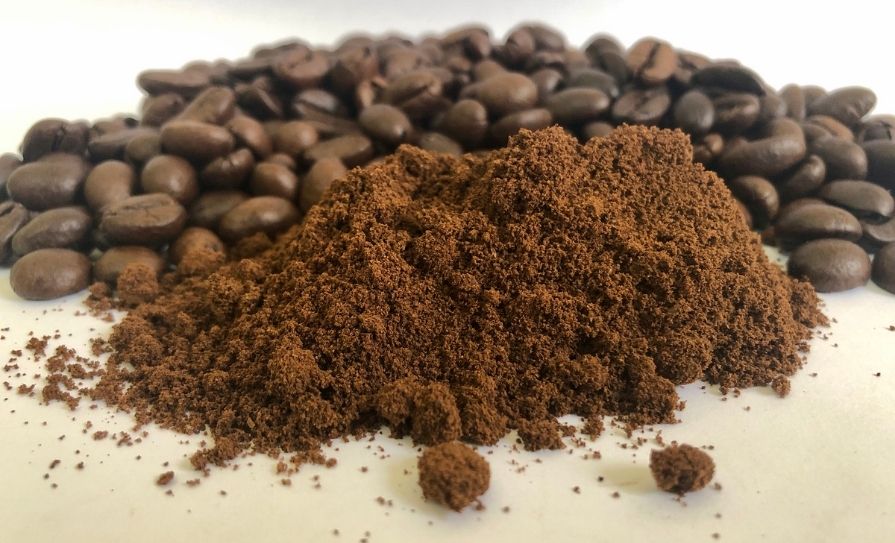A recent study, published in the journal Nanoscale, showed how researchers took used coffee grounds and generated tiny ‘carbon dots’ from them, using relatively gentle chemical processes. The scientists then explored their properties, finding signs that these materials could hold promise for future biomedical applications, including drug delivery.
“Cancer treatment is advancing all the time, but challenges still remain, including the side-effects of chemotherapy,” explains Prof Silvia Giordani, whose lab at DCU School of Chemical Sciences led the research. “This is where we believe that nanomedicine, or using tiny nanoparticles such as carbon dots, could help improve treatment effectiveness and potentially reduce side-effects for patients.”
To carry out the study, the team used two widely-available brands of coffee and treated the spent coffee grounds to create carbon dots. “There was nothing special about the coffee we used, we just went out and bought it off the shelves in shops in Dublin,” says Prof Giordani, who is a full Professor Chair of Nanomaterials at the School of Chemical Sciences at Dublin City
University and a Principal Investigator at the DCU Life Sciences Institute.
The team then analysed the resulting carbon dots using spectroscopy and microscopy, confirming their high quality and uniformity. “We were pleased to see that we could upcycle the used coffee grounds into these carbon dots, which hold great potential for many different applications, including drug delivery in the body,” says Prof Giordani.
“Treating coffee leftovers in this low- cost way eliminates the need for highly toxic heavy metals and reduces energy- intensive reaction times, and it offers a sustainable route to landfill disposal, helping to reduce environmental harm.”
Next, the researchers introduced the carbon dots to different types of lab- cultured human cell lines, including cancerous and healthy cells.
“We saw that the carbon dots inhibited the growth of breast cancer cells in the lab, and that, importantly, they had minimal effects on healthy breast, kidney, and liver cell lines,” explains Prof Giordani. “This shows their potential to damage breast cancer cells while sparing healthy tissues.”
The study also found that the way the coffee-derived dots moved into cells and accumulated there could make them even more suitable as tiny carriers for anti- cancer drugs.
“Our findings show that these carbon dots can be generated in an environmentally-friendly and cost-friendly way, and we believe they could be applied in the future to carry and deliver drugs more effectively in the treatment of some cancers,” says Prof Giordani.
“Breakthrough Cancer Research exists to invest in research that can tangibly improve the lives of people with cancer, and this study is a perfect example,” said Orla Dolan, CEO of Breakthrough Cancer Research. “Turning yesterday’s coffee grounds into tomorrow’s cancer-fighting nanomedicines is both brilliantly inventive and deeply meaningful. These sustainable carbon dots show real promise for delivering drugs straight to tumour cells while sparing healthy tissue, which could dramatically lessen the gruelling side- effects so many people endure during chemotherapy. We’re thrilled to have supported this work and look forward to the next steps that could bring kinder, more effective treatments to patients sooner.”
As well as receiving support from Breakthrough Cancer Research, the study was also funded by Research Ireland and the School of Chemical Sciences at DCU.







